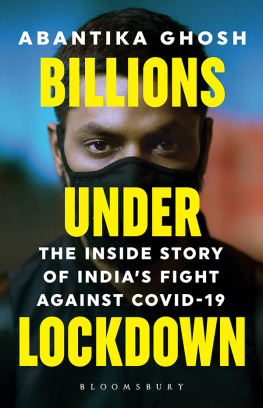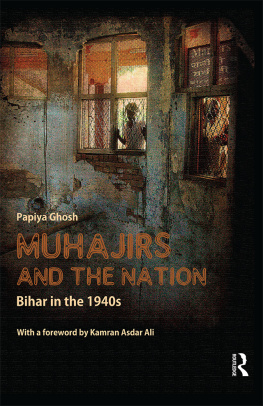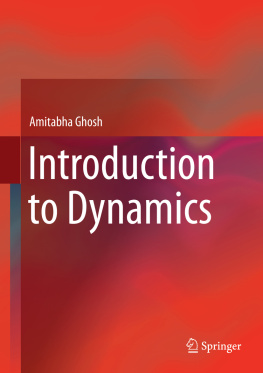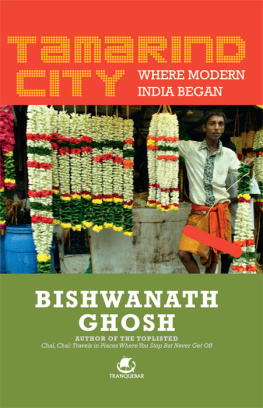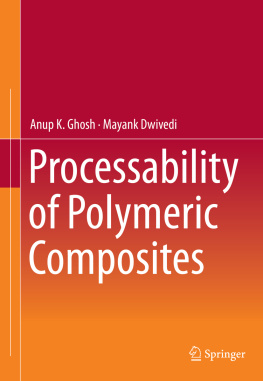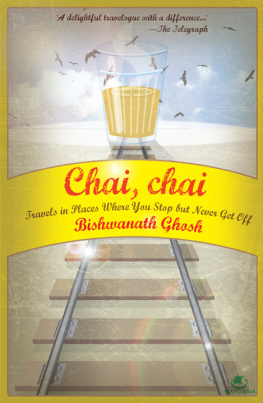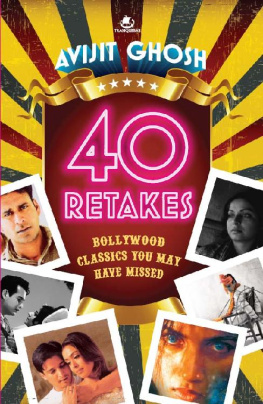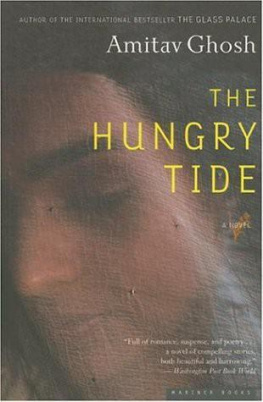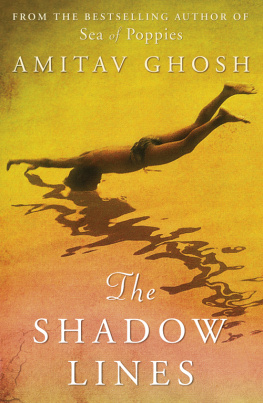
BILLIONS UNDER LOCKDOWN
Abantika Ghosh knows Indias health infrastructure like no other reporter. In this book, she walks us through the historic year of the pandemic. She tracks both policy and performance, offering us the backstories of the governments first advisory, press conference, lockdowns and unlocks, myths and missteps. Describing a challenging year book-ended by two street protests, replete with nutty mathematical models, lazy theories, and fears over the fastest vaccine development process, she concludes that India was saved either by God or by science. Id say by both and also by our democracy that let fine reporters like her cover the crisis freely.
hekhar Gupta, Founder and
Editor-in-Chief, ThePrint
It is never easy to cover a tragedy more so a pandemic, where so much is mired in complicated science and difference of opinion. What Abantika has done is to apply the lens of common knowledge with sensitivity to create a story of truth as it happened and unfolded. The brilliant narrative forces you to read on. Great effort at putting things in perspective.
C.K. Mishra IAS (retd), former chairman of the empowered group on availability of hospitals, isolation and quarantine facilities for COVID 19, former secretary for Ministry of Environment,
Forest and Climate Change
Tracking a fast-moving pandemic across the vast and varied landscape of India is a challenging task. As a veteran health journalist who has a sharp understanding of both the public health and political dimensions of policy, Abantika is perfectly positioned to be an astute and engaging historian of Indias response to the most challenging public health crisis of our times.
Dr K. Srinath Reddy, President, Public Health Foundation of India, and member of the executive group of the International Steering Committee of WHOs COVID-19 Solidarity trial
BILLIONS UNDER LOCKDOWN
THE INSIDE STORY OF INDIAS FIGHT AGAINST COVID-19
ABANTIKA GHOSH

BLOOMSBURY INDIA
Bloomsbury Publishing India Pvt. Ltd
Second Floor, LSC Building No. 4, DDA Complex, Pocket C 6 & 7,
Vasant Kunj, New Delhi, 110070
BLOOMSBURY, BLOOMSBURY INDIA and the Diana logo
are trademarks of Bloomsbury Publishing Plc
First published in India 2021
This edition published 2021
Copyright Abantika Ghosh, 2021
Abantika Ghosh has asserted her right under the Indian Copyright Act to be identified as the Author of this work
All rights reserved. No part of this publication may be reproduced or transmitted in any form or by any means, electronic or mechanical, including photocopying, recording or any information storage or retrieval system, without the prior permission in writing from the publishers
This book is solely the responsibility of the author and the publisher has had no role in the creation of the content and does not have responsibility for anything defamatory or libellous or objectionable
Bloomsbury Publishing Plc does not have any control over, or responsibility for, any third-party websites referred to or in this book. All internet addresses given in this book were correct at the time of going to press. The author and publisher regret any inconvenience caused if addresses have changed or sites have ceased to exist, but can accept no responsibility for any such changes
ISBN: PB: 978-93-90252-15-2; eBook: 978-93-90252-17-6
2 4 6 8 10 9 7 5 3 1
Created by Manipal Digital Systems
To find out more about our authors and books, visit www.bloomsbury.com and sign up for our newsletters
Contents
Journalists are usually accused of having very short memories. Of course, this is not unfair criticism as we, far too often, look at issues only fleetingly and superficially. Having said that, in the twenty years that I have been in this business, 2020 was the first year in which, for ten months, I followed one story: COVID-19. I may even go as far as to say that I lived in a COVID bubble. I was writing about it, reading about it and, in whatever time I had left, I was answering questions from friends and family. So this book was perhaps destined to happen.
But the fact that it happened almost in real-time meant that there was no benefit of hindsight in its structuring. If my articles indeed were the first draft of history, then by night, every day, I was writing the second draft this book. Events were unfolding and the story was changing so fast that, as I was going through the edited chapters a few months later, I often found myself struggling to remember the sentiments behind some of the things that I had written.
I have tried my best to avoid repetitions.
Next page
